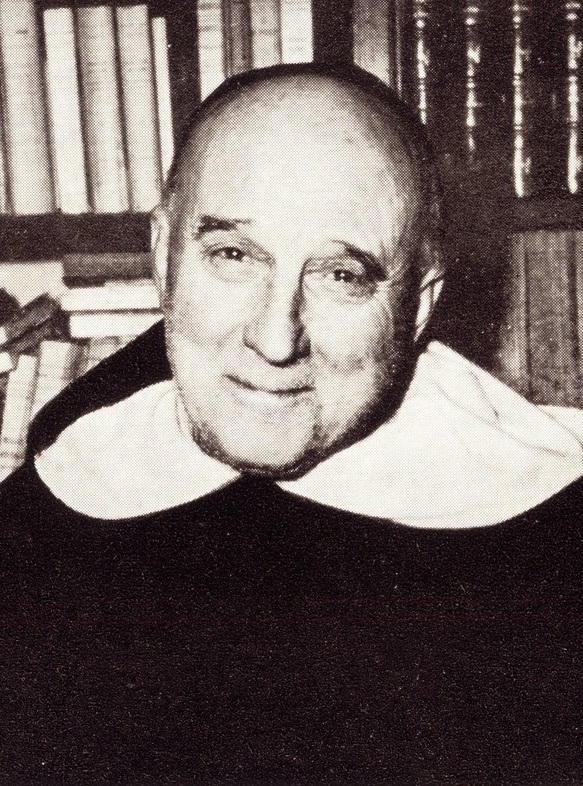From Pope Pius VI, Brief Quod aliquantum (March 10, 1791) in Recueil des Allocutions (Paris: Adrien Leclere, 1865), pp. 53-55.
The necessary effect of the constitution decreed by the Assembly is to annihilate the Catholic Religion and, with her, the obedience owed to Kings. With this purpose it establishes as a right of man in society this absolute liberty that not only insures the right to be indifferent to religious opinions, but also grants full license to freely think, speak, write and even print whatever one wishes on religious matters – even the most disordered imaginings. It is a monstrous right, which the Assembly claims, however, results from equality and the natural liberties of all men.
But what could be more unwise than to establish among men this equality and this uncontrolled liberty, which stifles all reason, the most precious gift nature gave to man, the one that distinguishes him from animals?
After creating man in a place filled with delectable things, did not God threaten him with death should he eat the fruit of the tree of good and evil? And with this first prohibition didn’t He establish limits to his liberty? When, after man disobeyed the command and thereby incurred guilt, didn’t God impose new obligations on him through Moses? And even though he left to man’s free will the choice between good and evil, didn’t God provide him with precepts and commandments that could save him “if he would observe them”? …
Where then, is this liberty of thinking and acting that the Assembly grants to man in society as an indisputable natural right? Is this invented right not contrary to the right of the Supreme Creator to whom we owe our existence and all that we have? Can we ignore the fact that man was not created for himself alone, but to be helpful to his neighbor? …
Man should use his reason first of all to recognize his Sovereign Maker, honoring Him and admiring Him, and submitting his entire person to Him. For, from his childhood, he should be submissive to those who are superior to him in age; he should be governed and instructed by their lessons, order his life according to their laws of reason, society and religion. This inflated equality and liberty, therefore, are for him, from the moment he is born, no more than imaginary dreams and senseless words.









No comments:
Post a Comment